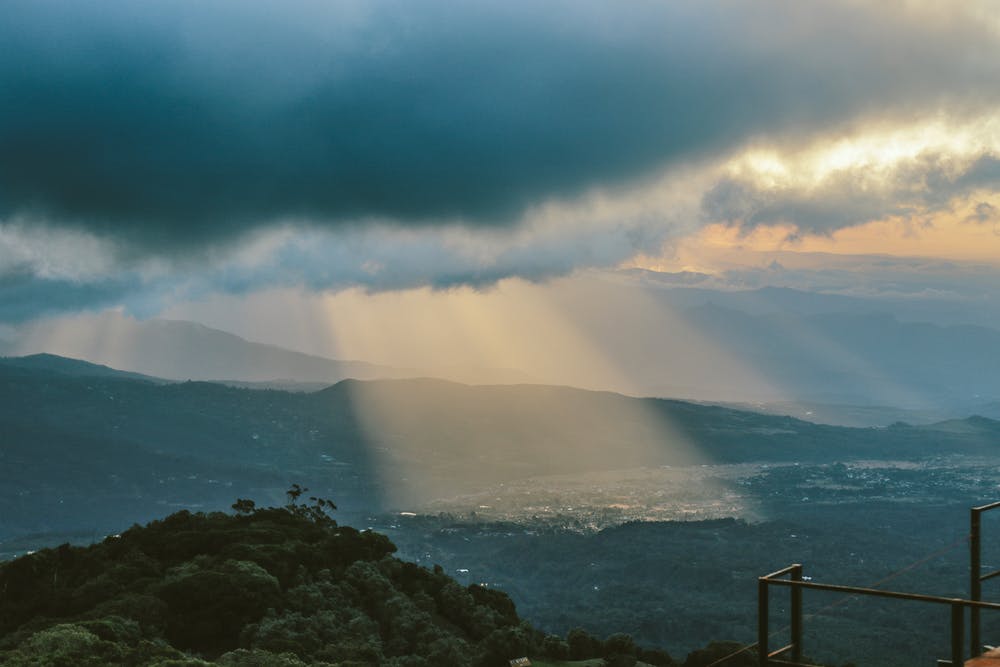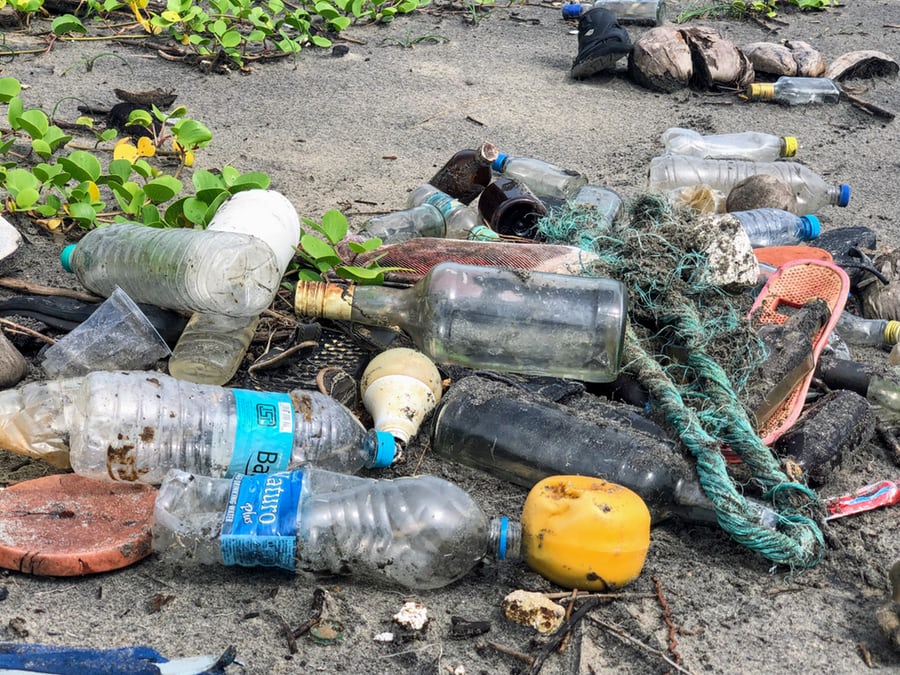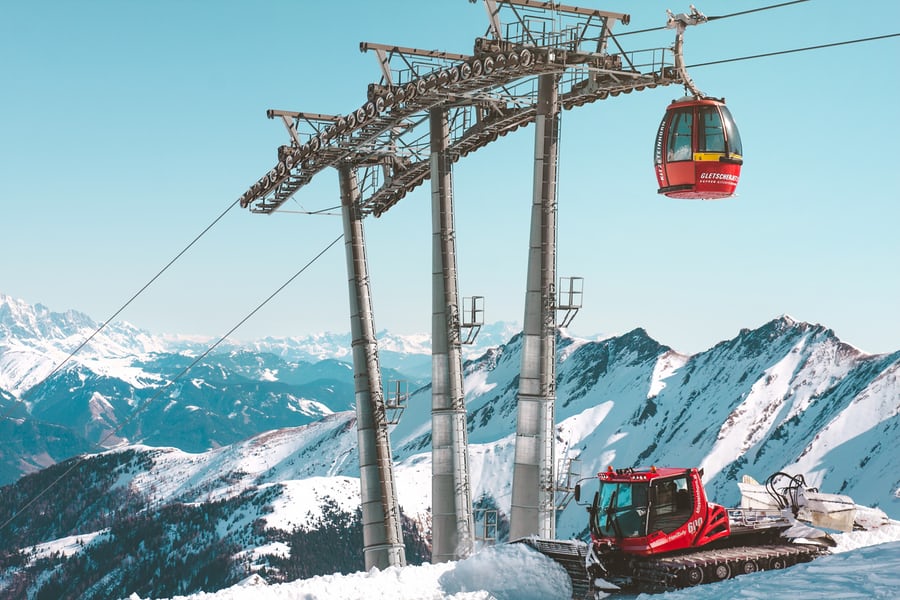
Costa Rica is setting the example for environmental sustainability, aiming to be the first carbon-free plastic-free country. By the year 2021, just two years away now, Costa Rica hopes to rid itself of all single-use plastics as well as eliminate the use of fossil fuels in their public transport system, and they’re not messing around.
In the last 5 years, 99% of the country’s energy has come from renewable sources and they have been able to run on 100% renewable energy for multiple two month periods. Costa Rica has done a phenomenal job of harnessing the natural energy around them. Hydroelectric plants take advantage of their numerous raging rivers, producing 75% of the energy needed to run the country. Beyond that, geothermal energy taken from volcanoes, wind power, and solar power makes up the rest.
So why is Costa Rica seemingly so far ahead of the world when it comes to renewable energy? Well, the answer is actually relatively simple. They realized that their greatest asset was the nature that surrounds them. When Costa Rica saw what an opportunity they had to capitalize on their environment in the world of eco-tourism, they began doing whatever it took to preserve it. Since then ecotourism has turned into a multibillion-dollar industry for Costa Rica, bringing close to two million tourists annually and employing over 600,000 people.
There are other countries following in Costa Rica’s footsteps. The UK is a great example of a world leader making great strides in the direction of sustainability. They now produce 25% of their power through renewable sources and in 2020 it is expected that Scotland will produce 100% of its energy renewably. Iceland is another example of a country that is big on renewable energy. Much like Costa Rica, they have been able to produce almost 100% of their energy through renewable means.
So, this begs the question, why is conservation such a battle here in the States? Renewable energy is growing, but not in the same way as in the places listed above. Furthermore, it seems as if the efforts to ban single-use plastics have started a war! In Seattle, a city that banned single-use plastics 7 years ago, a majority of grocery stores are still not in compliance with the efforts. But it is no isolated issue. All over the country, you hear people complaining about plastic substitutes and businesses struggle to meet environmental standards while satisfying customers.

In trying to explain why there is such a difference in environmental policy between these countries, I looked for other variables that might be able to explain the disparity. In doing so I found two main factors. One is scale. Plain and simple the United States just has more people. Our population is almost 100 times that of Costa Rica, 1,000 times that of Iceland and 5 times that of the UK. No matter what, this will make it a bigger challenge to tackle than in these smaller countries.
But the issue that I think is more important is mindset. See, the Costa Ricans saw the value in what they had and worked to preserve it. We need to do the same. Ski seasons are getting shorter, and beaches and mountains are getting dirtier. We as outdoors people can see the importance in reversing that, but it might not be so apparent to everyone. So, let me see if I can make the incentive a little bit clearer.

The ski industry is valued worldwide between 30 and 50 billion dollars a year. That’s not nothing. Colorado alone sees 4.8 billion dollars annually thanks to skiing. It employs hundreds of thousands of people and is an industry that is always looking for more workers during the winter months.
While we may not rely on it like Costa Rica, the U.S. sees lots of eco-tourism as well. Our national park system has seen over 300 million annual visits three years in a row now. This means a remarkable amount of money is being made thanks to our parks and conservation efforts.
But really, the greatest incentive of it all is that it’s beautiful and it’s fun to get outside and play. I hope that is enough to push us in the right direction, because I know I’m not alone in wanting to preserve the nature here that we are so lucky to have.